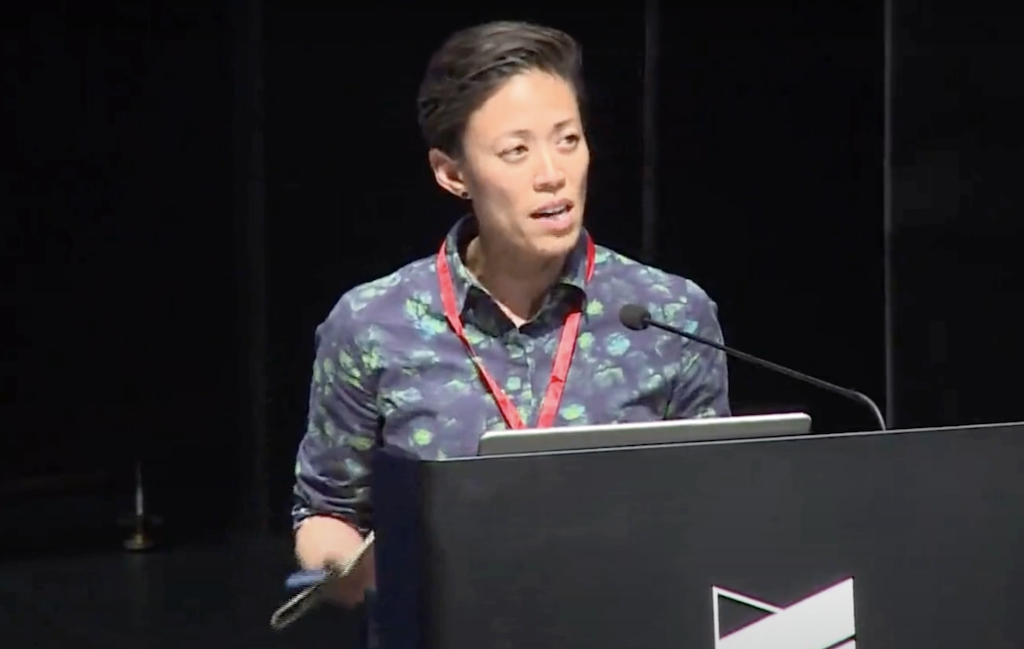Dr. Serene Ho’s keynote address at the 8th India Land and Development Conference offered a thought-provoking exploration of the intersection between climate action and land governance, particularly in the Global South. As a Senior Lecturer in Land Administration and a researcher passionate about the socio-political dimensions of land, Dr. Ho provided a nuanced analysis of the pressures exerted by climate strategies on land-dependent communities.
Opening with an acknowledgment of Indigenous lands and the historical role of spatial disciplines in dispossession, Dr. Ho set a reflective tone for her presentation. She delved into the complexities of globally endorsed climate initiatives, emphasizing how the Paris Agreement’s nationally determined contributions (NDCs) necessitate vast land use changes. Citing data from the Land Gap Report, she highlighted a staggering reality: the afforestation and restoration pledges alone would require up to one billion hectares globally—four times the size of India. For South Asia, these demands translate into significant land-use shifts, with India’s commitments potentially impacting over 42 million hectares.
Throughout her address, Dr. Ho underscored the critical need for land governance systems to adapt to these challenges. She questioned the adequacy of current land tenure frameworks, which often prioritize ownership while overlooking the nested and overlapping rights that govern resource use in many local contexts. “Do we need to think about more than rights in land and resource tenure systems?” she asked, urging a paradigm shift toward considering benefits and burdens—a principle echoed in emerging discourse on just transitions.
Her keynote revealed a systemic disconnect: the technical land administration discipline often fails to engage with socio-ecological realities, while broader disciplines tackling power dynamics and local practices lack integration with mainstream governance frameworks. Dr. Ho termed this a “system failure,” where the fragmentation across disciplines prevents meaningful responses to the cascading effects of climate action on communities.
One of the most impactful moments of her address came as she reflected on her research in the Pacific, particularly in the Solomon Islands. Here, urban informality is layered with intricate social arrangements that govern land access—ranging from customary leases to urban gardens used to stake informal claims. These stories illustrated how communities navigate complex socio-political landscapes to secure their livelihoods, challenging conventional notions of land use and governance.
Dr. Ho also highlighted the human cost of climate action: the exclusion of Indigenous voices in high-level decisions, the rising threats to environmental defenders, and the proliferation of land conflicts exacerbated by large-scale climate interventions. Pointing to India, she praised the work of organizations like Land Conflict Watch for documenting these impacts but noted that much remains to be done to integrate such evidence into global frameworks.
Concluding her keynote with a call to action, Dr. Ho emphasized the importance of interdisciplinary collaboration and the ethical responsibility of researchers to return their findings to the communities that researchers work with. “At the very least,” she urged, “try to do a one-pager of your research outcomes in the local language and give that back to the communities.” For her, this practice is not just a moral imperative but a step toward empowering communities to advocate for their rights amidst the turbulence of climate change.
Dr. Ho’s keynote was both a critique and a vision—one that challenged the audience to rethink the “land question” in the age of climate crisis and to collaborate across disciplines to forge equitable and sustainable solutions. As the world grapples with the dual imperatives of environmental stewardship and social justice, her words serve as a clarion call for transformative approaches to land governance.

